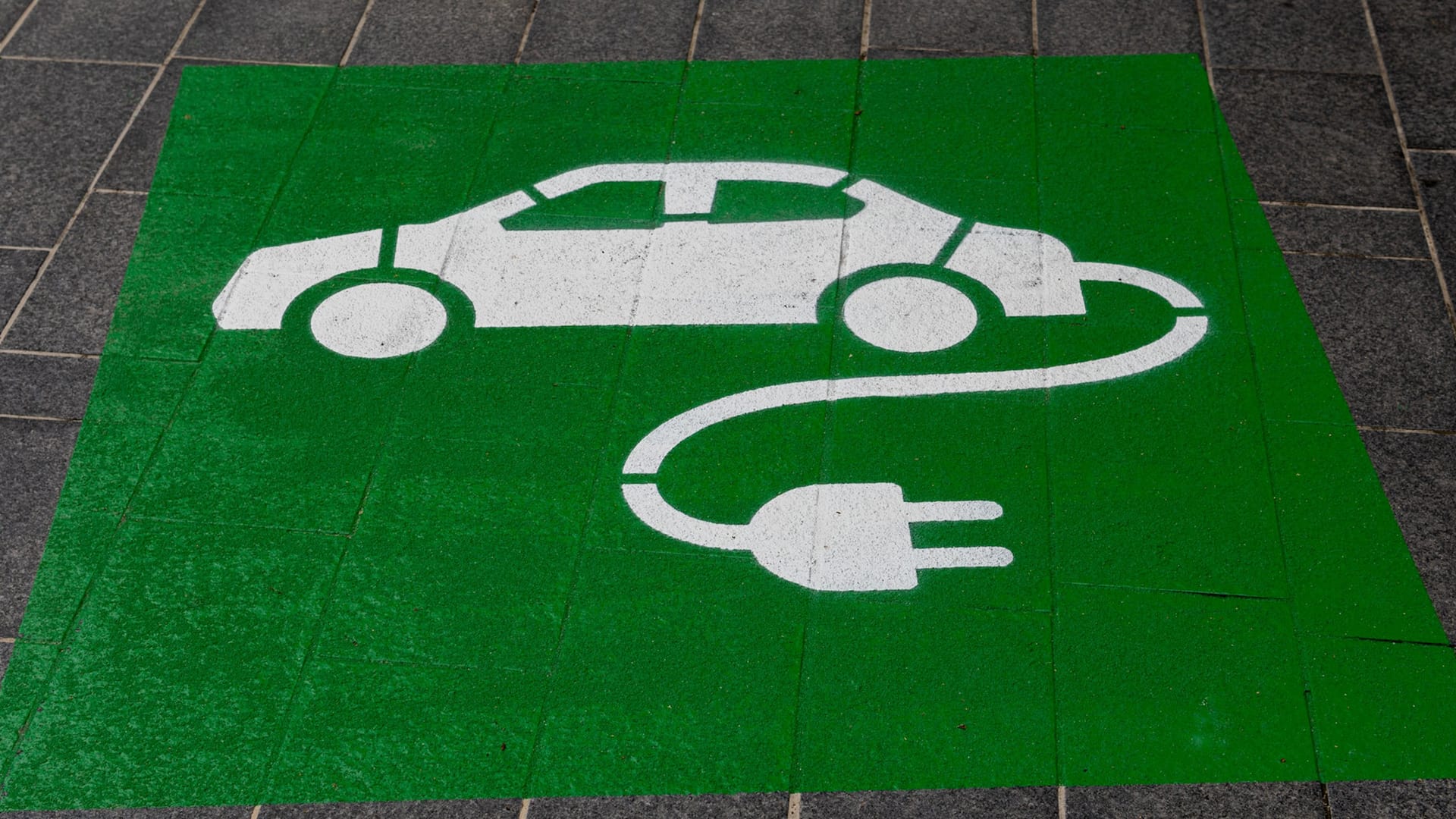- cross-posted to:
- technology@lemmit.online
- cross-posted to:
- technology@lemmit.online
A mother used her EV to power her son’s dialysis machine amid storms and a blackout | Electric vehicles with bidirectional charging can be life-saving, especially in times of power cuts and natural…::Electric vehicles with bidirectional charging can be life-saving, especially in times of power cuts and natural disasters.



You can do this with a gas car too?
Cigarette lighter plugs don’t provide the necessary voltages
You buy a plug in power inverter. That’s good for up to 300 watts.
You can also get a pretty big inverter and attach it directly to the battery. A typical alternator can provide about 100 amps, or 1200 watts. In theory the battery could support higher draws for short amounts of time as well if the alternator can’t keep up for a small surge (like a fridge running a cycle). Probably not nearly as efficient as an actual generator, but for occasional one-off usage it works in a pinch.
My EV doesn’t support bidirectional stuff like that, but I’ve got a quick connector on the battery for that purpose. Same concept, but it’s the DC-DC converter doing the work instead of the alternator. Worked great, but of course the power came back on 15 minutes later
A dialysis machine probably uses more than 300W. Idk about other EVs, but my Ioniq 6 can output 1.8kW from each of its 2 outputs simultaneously.
Some cars have them integrated.
Many new cars come with a power inverter built in, if not they are relatively inexpensive
How many american electric cars are cheaper?
I’m not sure, I can only afford old vehicles, I don’t pay attention to new cars prices whatsoever
Dies in turbo diesel and inverter powering 3000watt subwoofers